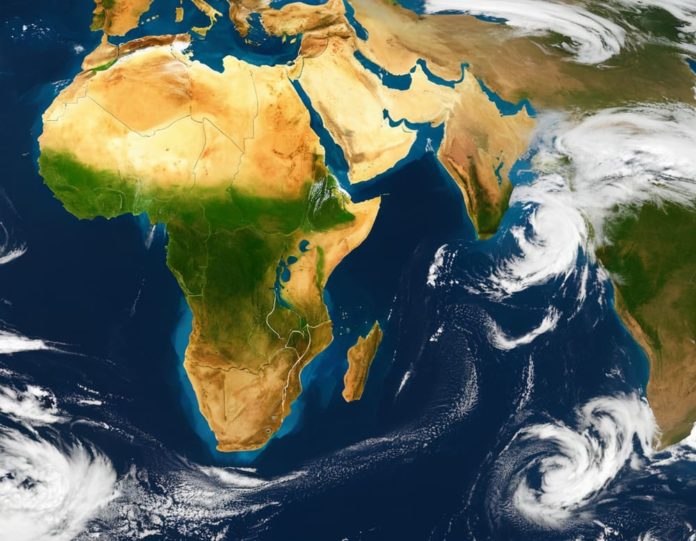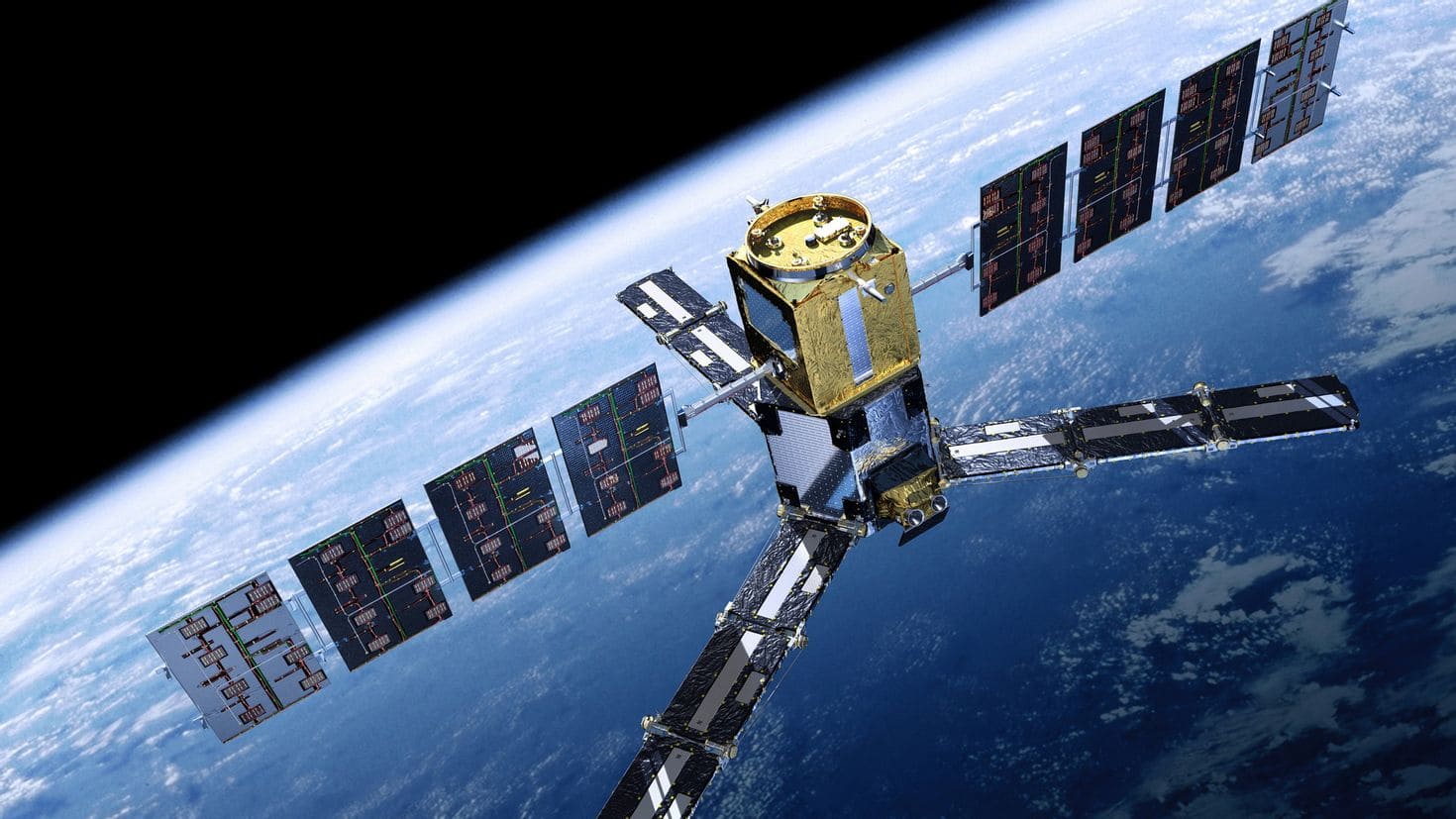Climate monitoring is essential in today’s world, helping us understand and respond to the rapid changes in our environment. Africa, with its unique and diverse ecosystems, faces significant climate challenges that require accurate and timely data. This is where African satellites come into play, revolutionizing how we monitor and manage climate change on the continent.
The need for climate monitoring in Africa
Africa is highly vulnerable to the impacts of climate change, including extreme weather events, droughts, and rising sea levels. These challenges threaten agriculture, water resources, and biodiversity, making climate monitoring crucial. Without accurate data, African countries struggle to prepare for and mitigate these effects, exacerbating socio-economic issues.
Historical context of satellite technology in Africa
Africa’s journey with satellite technology began modestly but has grown significantly. Early missions were often collaborative efforts with international space agencies. Over the decades, African countries have invested in developing their own satellite capabilities, marking a significant step forward in self-reliance and technological advancement.
Key African satellites in climate monitoring
Several African satellites are currently operational, each with specific missions tailored to the continent’s needs. Notable examples include NigeriaSat, South Africa’s SumbandilaSat, and EgyptSat. These satellites focus on various aspects of climate monitoring, from weather forecasting to environmental management.
Technological advancements in African satellites
African satellites have benefited from technological advancements, including improved imaging capabilities, better sensors, and more efficient data transmission. Collaboration with global space agencies such as NASA and ESA has facilitated access to cutting-edge technology and expertise, enhancing the capabilities of African satellites.
Data collection and analysis
African satellites collect a range of data, including temperature, precipitation, vegetation cover, and atmospheric conditions. This data is analyzed using sophisticated models to predict weather patterns, monitor environmental changes, and inform policy decisions. The data is invaluable for researchers, governments, and organizations working on climate resilience.
Impact on weather forecasting
One of the most immediate benefits of African satellites is the improvement in weather forecasting. Accurate and timely weather predictions are essential for agriculture, disaster preparedness, and daily life. Satellite data has led to the development of better models, which in turn help communities plan for and respond to weather events more effectively.
Monitoring deforestation and land use
Deforestation is a significant issue in Africa, contributing to climate change and biodiversity loss. Satellites play a critical role in tracking deforestation activities and land use changes. This information helps governments and organizations take action to protect forests and implement sustainable land management practices.
Water resource management
Water resources are vital for life and economic activities in Africa. Monitoring rivers, lakes, and reservoirs from space provides essential data for managing water supplies, predicting floods, and planning irrigation. Satellites help ensure that water resources are used efficiently and sustainably.
Biodiversity and wildlife protection
African satellites also contribute to protecting biodiversity and wildlife. By tracking changes in ecosystems and habitats, satellites provide data that supports conservation efforts. This information is crucial for protecting endangered species and maintaining the health of ecosystems.
Urbanization and infrastructure development
As Africa urbanizes rapidly, monitoring urban growth and infrastructure development from space becomes increasingly important. Satellites provide data that helps planners design climate-resilient cities and infrastructure, ensuring sustainable development and reducing the risk of climate-related disasters.
Case studies of successful satellite missions
Several African satellite missions have made significant impacts. For example, NigeriaSat-2 has provided critical data for disaster management and urban planning. Similarly, the AMESD project (African Monitoring of the Environment for Sustainable Development) has enhanced environmental monitoring across the continent.
Challenges and limitations
Despite the progress, African satellite programs face several challenges, including financial constraints, technical limitations, and data gaps. Ensuring the accuracy and reliability of data is also a continuous effort. Addressing these challenges requires sustained investment and international cooperation.
Future prospects and developments
The future of African satellite technology is promising, with several new projects on the horizon. Upcoming satellites will have enhanced capabilities, providing more detailed and accurate data. Continued innovation and investment are essential for advancing Africa’s climate monitoring capabilities.
African satellites play a crucial role in monitoring climate change, providing essential data that informs policy and helps mitigate the impacts of climate change. Continued investment in satellite technology and international collaboration will be vital in ensuring that Africa can effectively respond to its climate challenges and build a sustainable future.



